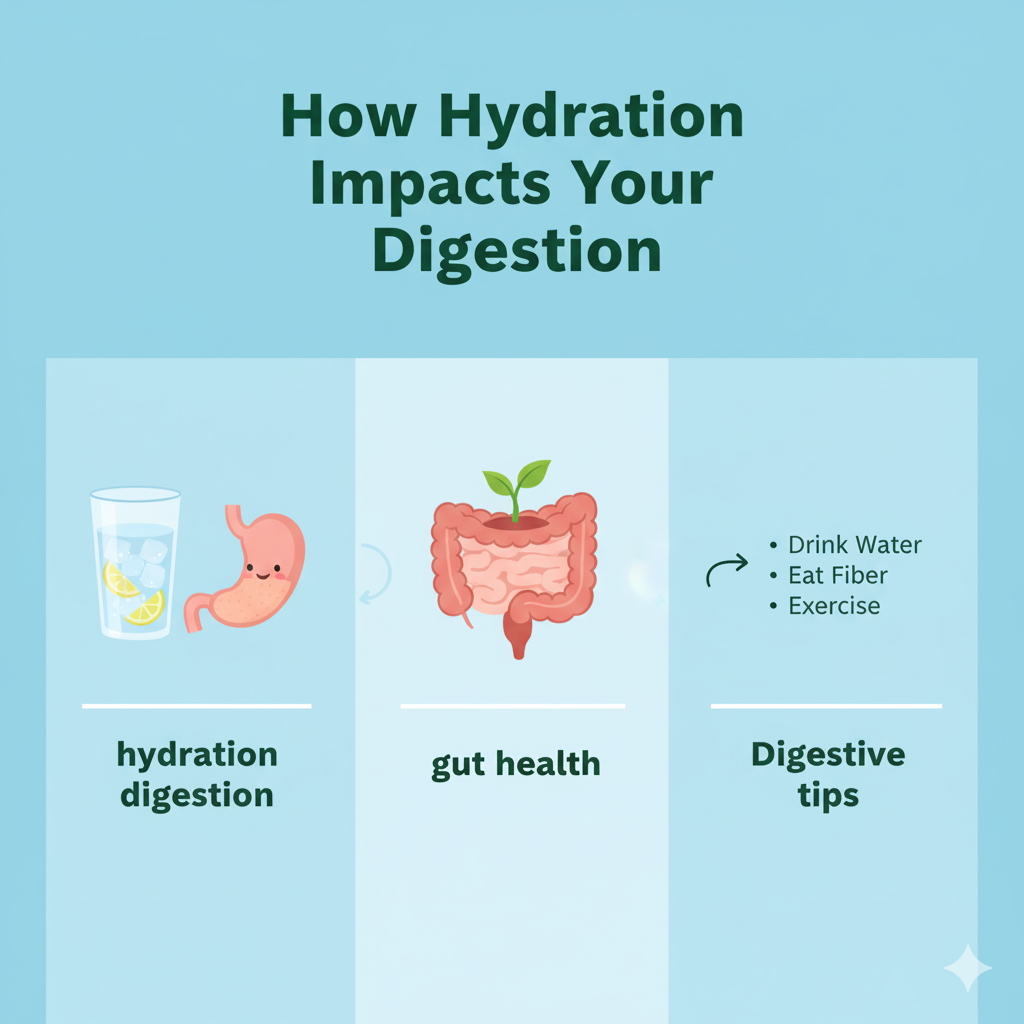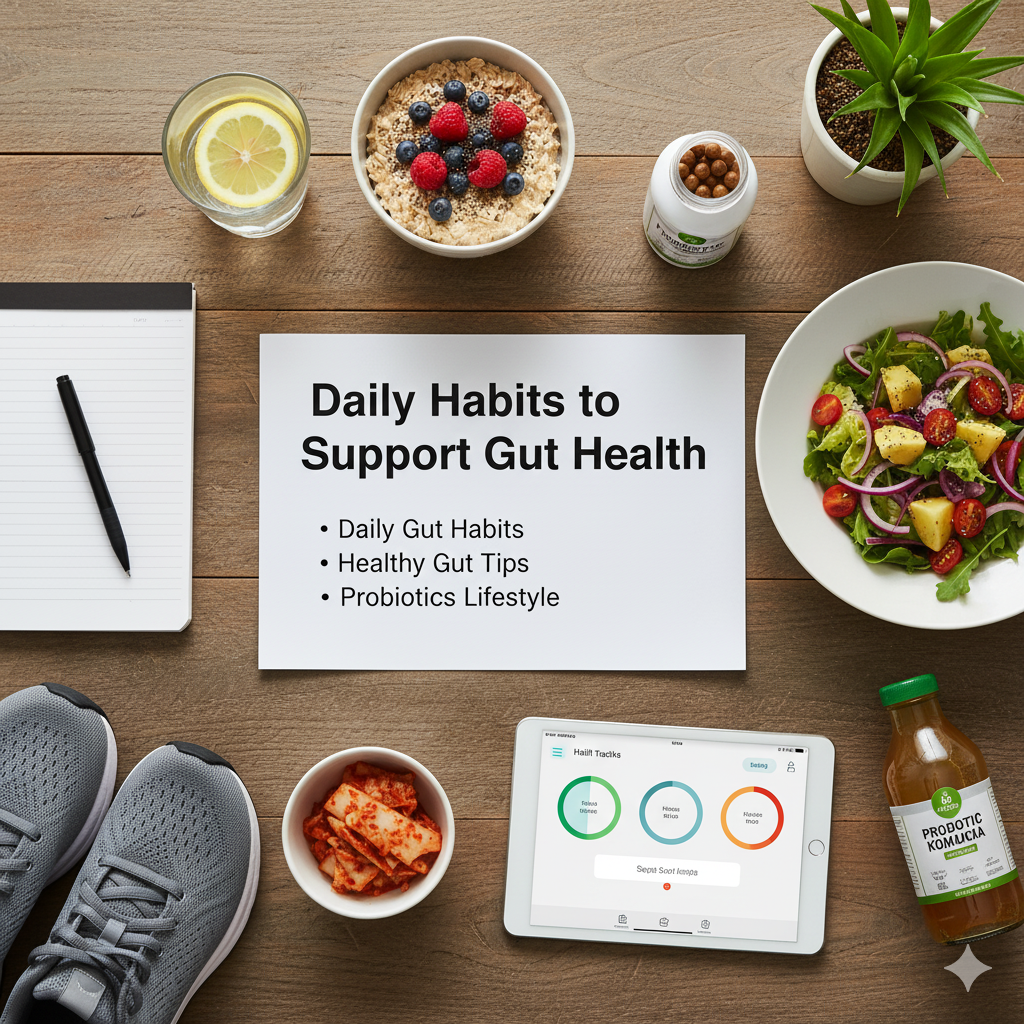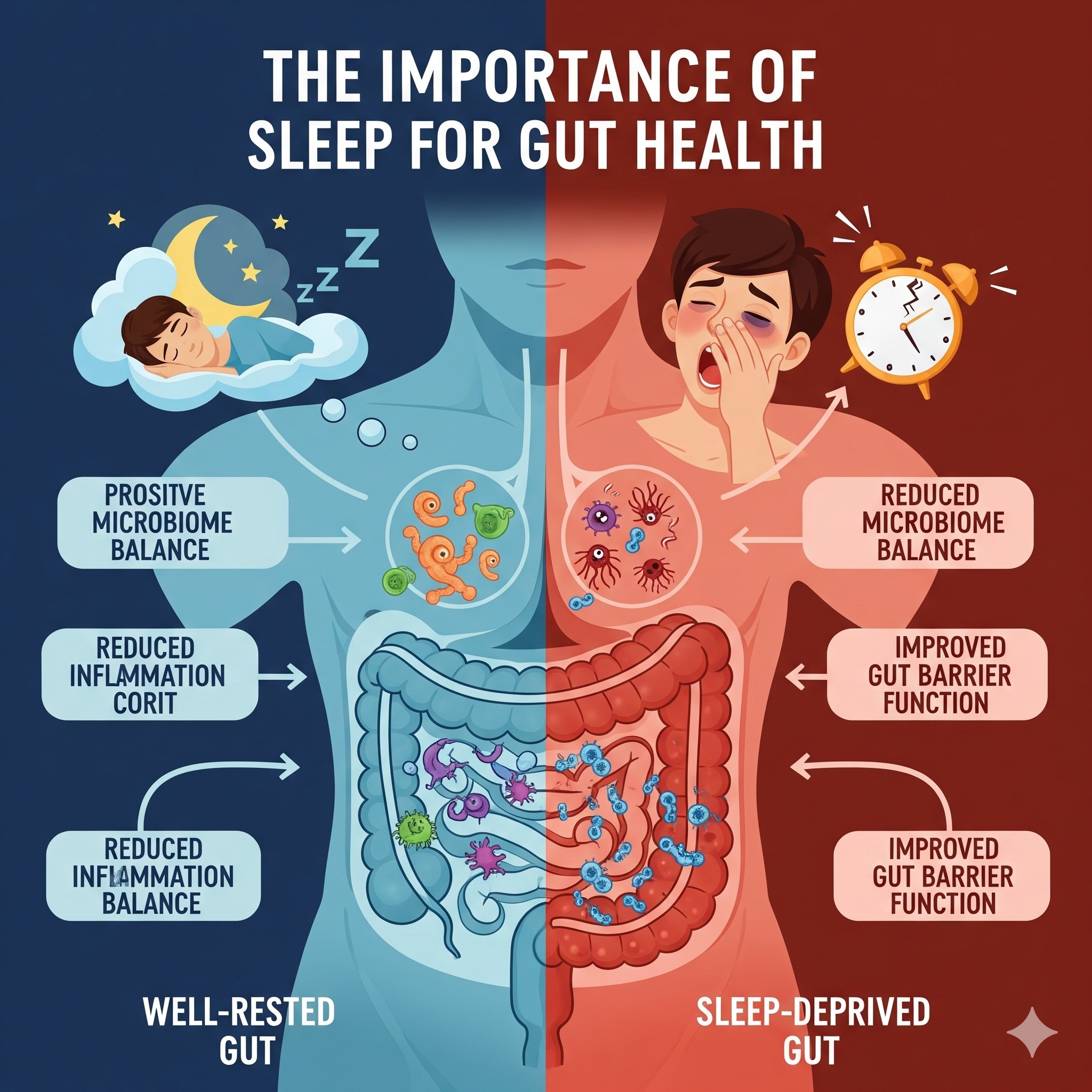Water is essential for life—it makes up about 60% of the human body and fuels every system, from circulation to brain function. But one of the most important (and often overlooked) roles of water is in digestion. Staying hydrated keeps your digestive system functioning smoothly, supports nutrient absorption, and helps maintain a healthy gut microbiome.
Unfortunately, many people don’t drink enough fluids daily. Dehydration can quickly disrupt digestion, leading to constipation, bloating, and other uncomfortable issues. Let’s explore how hydration affects your digestive health, the science behind it, and practical tips for maintaining balance.
Why Water Matters for Digestion
Digestion is a complex process that begins the moment you chew food. Water plays a vital role at every stage:
- Saliva Production
Water is a key component of saliva, which starts breaking down food in the mouth and makes swallowing easier. - Breaking Down Food
In the stomach, water mixes with gastric juices to help dissolve food and release nutrients. - Nutrient Absorption
Water carries vitamins, minerals, and other nutrients across the intestinal lining into the bloodstream. - Smooth Bowel Movements
Water softens stool and keeps it moving through the intestines, preventing constipation. - Detoxification
Adequate hydration supports the kidneys and liver in removing waste, reducing the burden on the digestive tract.
Signs of Dehydration in Digestion
When you don’t drink enough fluids, your body pulls water from the colon to maintain balance—making stool hard and difficult to pass. Common digestive signs of dehydration include:
- Constipation
- Hard or dry stools
- Bloating and discomfort
- Acid reflux (less fluid means thicker gastric juices)
- Cramping or abdominal pain
Over time, chronic dehydration may also harm the gut microbiome by reducing the balance of healthy bacteria.
Hydration and the Gut Microbiome
Your gut is home to trillions of bacteria that thrive in a hydrated environment. Studies suggest that proper water intake may:
- Increase microbial diversity (a marker of gut health).
- Reduce harmful bacteria linked to bloating and inflammation.
- Improve the effectiveness of prebiotics and probiotics.
In other words, hydration isn’t just about preventing constipation—it’s about maintaining an environment where beneficial bacteria can flourish.
Best Drinks for Digestive Health
Not all fluids are created equal. Some beverages support digestion, while others may worsen dehydration.
✅ Gut-Friendly Hydration Options
- Water: The gold standard for hydration.
- Herbal Teas: Peppermint, chamomile, and ginger teas ease bloating and soothe the gut.
- Coconut Water: Provides electrolytes for balance.
- Broth or Soups: Hydrating and nutrient-rich.
❌ Drinks to Limit
- Caffeinated Drinks: Coffee and black tea can dehydrate if consumed in excess.
- Sugary Beverages: Sodas and energy drinks feed harmful gut bacteria.
- Alcohol: Irritates the gut lining and disrupts hydration.
How Much Water Do You Need for Healthy Digestion?
The classic recommendation is 8 glasses (about 2 liters) per day, but hydration needs vary depending on age, activity level, climate, and diet.
General guidelines:
- Women: ~2.7 liters per day (including water from food).
- Men: ~3.7 liters per day (including water from food).
- Extra hydration is needed during exercise, hot weather, or illness.
Tip: Foods like cucumbers, watermelon, and oranges also count toward daily fluid intake.
Hydration and Meal Timing
You may have heard the myth that drinking water with meals dilutes stomach acid and hinders digestion. In reality, drinking moderate amounts of water before and during meals aids digestion by:
- Softening food.
- Helping enzymes break down nutrients.
- Preventing overeating (by promoting fullness).
Just avoid excessive amounts of water during meals, which may cause bloating in sensitive individuals.
Practical Daily Hydration Tips
Building hydration into your daily routine helps keep digestion running smoothly.
- Start the Day with Water
Drink a glass of water upon waking to kickstart digestion. - Use the “Sip, Don’t Chug” Rule
Frequent sips are more effective than gulping large amounts at once. - Add Natural Flavor
Infuse water with lemon, cucumber, or mint to make it more enjoyable. - Track Your Intake
Use a reusable water bottle with measurements to monitor progress. - Pair Water with Fiber
High-fiber diets need extra water—otherwise, fiber can cause constipation.
When Hydration Isn’t Enough
If you stay hydrated but still experience digestive issues, other factors may be at play:
- Low-fiber diet.
- Lack of probiotics.
- High stress levels.
- Medical conditions (e.g., IBS, GERD).
In such cases, hydration is just one piece of a larger digestive wellness puzzle.
Conclusion
Hydration is the foundation of good digestion. From saliva production to nutrient absorption and bowel regularity, water supports every step of the process. Dehydration, on the other hand, can lead to constipation, bloating, and even imbalances in the gut microbiome.
By drinking enough fluids, choosing gut-friendly beverages, and pairing hydration with a fiber-rich, probiotic-supportive diet, you can keep your digestive system running smoothly and your overall gut health thriving.
Remember: your gut doesn’t just need food—it needs water, too





I hadn’t realized how much proper hydration affects the digestive process, from breaking down food to preventing constipation. The way you explained the connection between water intake and gut health was very clear and practical. It definitely encouraged me to pay more attention to my daily water habits.”